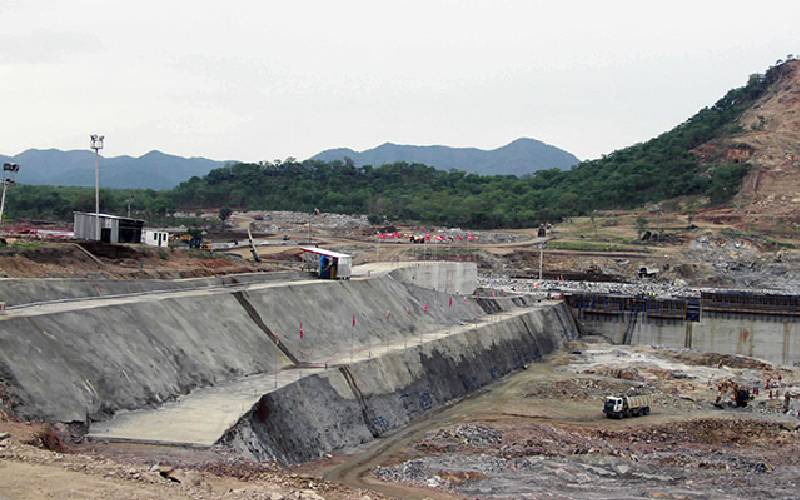×
The Standard e-Paper
Fearless, Trusted News

Every time it pours on the hills of Nandi, residents of the Nyando basin know it is time to pack and leave their homes, albeit temporarily. The situation could have been solved 60 years ago had the government executed plans to construct the Koru-Soin dam.